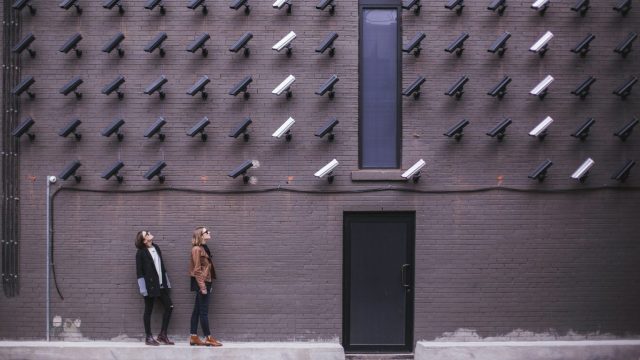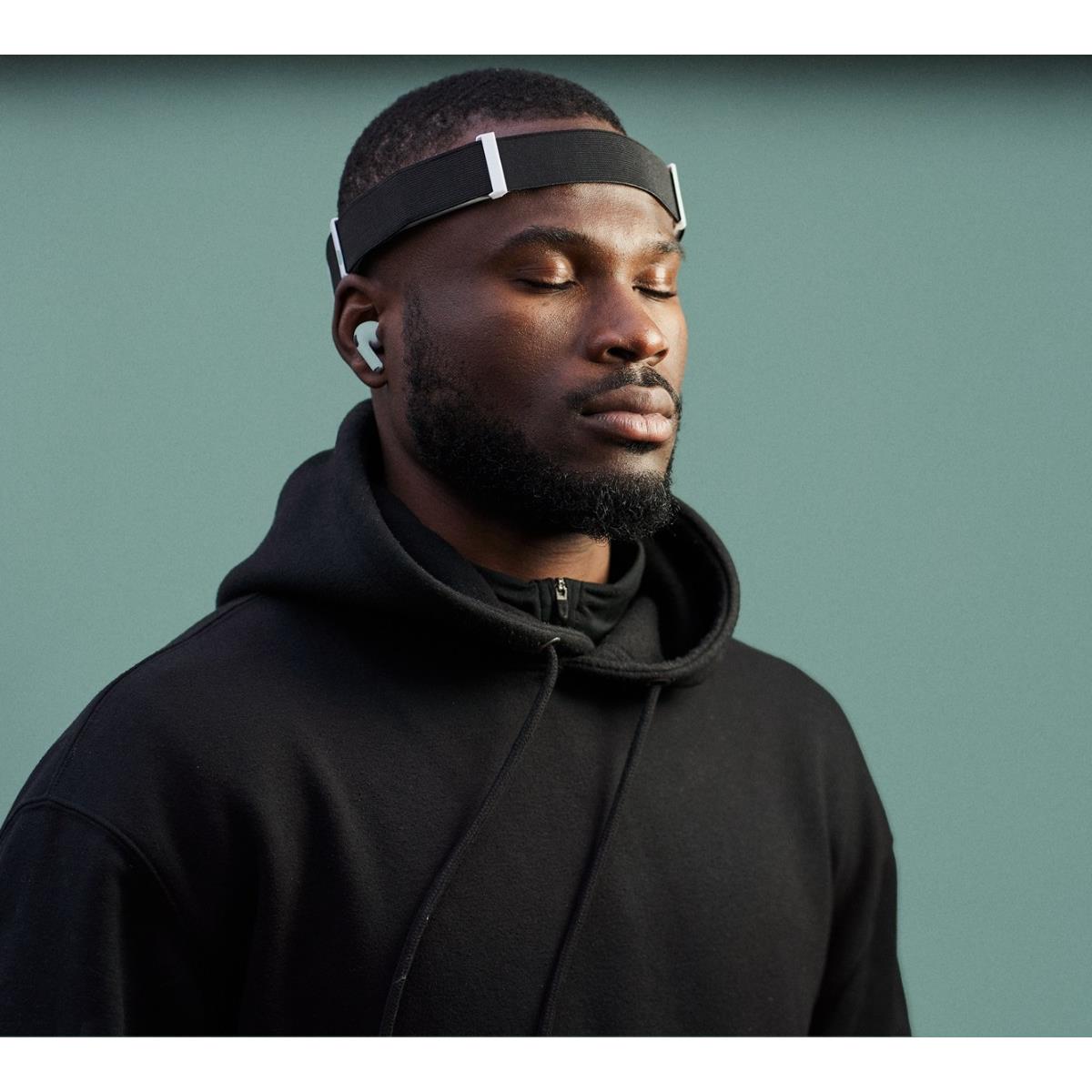- TECHSWU
- Posts
- TECHSWU #15
TECHSWU #15
Tech Stuff We Use



Telecoms regulator Ofcom is investigating complaints about Virgin Media for the second consecutive quarter. The company received 20 complaints for every 100,000 broadband customers, almost twice the industry average. The largest proportion of complaints, 43%, concerned complaints handling, followed by service and faults and billing. Ofcom is currently investigating how Virgin Media handles complaints and contract terminations.
In contrast, Sky received the fewest complaints for its broadband and landline services and tied with TalkTalk for best pay-TV services.
UK mobile network Vodafone plans to switch off its 3G network in Basingstoke and Plymouth from February. This is part of a nationwide rollout to make way for 5G connectivity. Customers in these areas will need 4G-capable handsets to make calls and send texts, and devices reliant on 3G technology, such as security alarms and card payment terminals, will be impacted. Emergency calls will not be affected.
Vodafone has invested £3m ($4m) in upgrades over the past 18 months to prepare for the switch-off. 📡😡🌟🌐📱🚀💨

Microsoft has announced that its note-taking app, OneNote, is now available on the Apple Vision Pro mixed-reality headset. 🎉 This move follows the availability of other Microsoft 365 apps on the headset, such as Word, Excel, Teams, and PowerPoint. 💼 OneNote on the Vision Pro utilizes spatial computing capabilities to enhance productivity and appears alongside other Microsoft 365 apps. Users can write notes ✏️, highlight items with tags, set security measures 🔒, sync notes to the cloud ☁️, and share content with others. The app can be accessed through a hands-free input experience or with a keyboard and trackpad. Additionally, future updates to OneNote on the Vision Pro will include Copilot integration, support for two-factor authentication, and the ability to insert media content from the camera and photos. 📸 The app can be downloaded from the App Store on the headset. 📲

The development of a smart city in Toronto in partnership with Google has faced significant resistance from citizens due to a lack of information about the project. The former privacy commissioner even resigned, stating concerns about creating a "smart city of privacy" 🚫🔒 versus a "smart city of surveillance" 👀🏙️. The concept of smart cities raises complex questions about who defines "smart" 🤔🏢 and the potential power dynamics involved. A city powered by Google versus Microsoft versus Facebook would have different tech, interfaces, and cultures, with implications for data ownership. The article argues that the development of smart cities is fundamentally a political exercise, as whoever governs the city and controls the technology inside it will reveal a lot about power dynamics. In the face of continuous data breaches and privacy scandals, the public has become more skeptical of smart city projects. 🙅📵

The EU's vote on a cybersecurity label for cloud computing has been delayed until at least May 2024. 🗳️ The label is intended to award cloud service providers with strong cybersecurity measures, allowing governments and organizations within the EU to trust their services. However, the exact requirements for qualification have been a point of contention. The proposed label initially required providers to establish a presence within the EU or partner with an EU-based company, but this requirement has since been scrapped. Critics argue that this could leave EU data vulnerable to access by non-EU companies under their own laws, potentially violating EU data protection regulations. 🚫⚖️ The postponed vote will involve cybersecurity, cloud, and data experts before moving on to deliberation by EU members and final approval by the European Commission. 📅✅

A new report from Vodafone and The Future Laboratory predicts that by 2030, mind-controlled wearables and disease-detecting mirrors could become mainstream technology. Here are some highlights from the article:
🧠 Smart home devices could proactively monitor a user's health, such as smart mirrors that can detect abnormal changes in skin color or smart speakers that can request a prescription if they detect the sounds of coughs and sneezes.
💡 Wearable devices could be able to detect brain signals made when people "say" words in their head, allowing for commands to be given without speaking aloud.
🌳 Connectivity could be built into trees, grasslands, and oceans to monitor the impact of regeneration schemes and assess climate threats.
🚗 Autonomous vehicles are predicted to be widely used for transportation.
The report suggests that technology will play a significant role in healthcare, sustainability, climate change, and transportation over the next decade. As connectivity becomes an integral part of daily life, companies like Vodafone aim to provide solutions to help tackle major societal challenges. By 2030, we could see a world where wearables are controlled by our thoughts and smart devices detect diseases. 🌍 💪

🔮 Virtual reality (VR) has not lived up to its initial hype, with limited practical uses and high development costs hindering its progress. However, there are some interesting innovations on the horizon. For example, the Apple Vision Pro allows users to interact with an interface without a computer, and immersive education and training using VR is becoming commonplace. 📱💻
Despite these advancements, VR still has a long way to go before reaching its full potential. Development costs remain a major challenge, making VR accessories and applications too expensive for most consumers. Additionally, there is a general lack of demand for VR. 📉
Nevertheless, once the technology is fully realized, the possibilities are endless. The future of VR will likely involve gradual, steady progress rather than a sudden breakthrough moment. The world with VR at the helm is bound to be interesting, and it remains to be seen what possibilities and changes it will bring. 💡🌎


💡 Industry 4.0, also known as the Fourth Industrial Revolution, is revolutionizing operations and processes in various industries. Key technologies driving Industry 4.0 include the Internet of Things (IoT), artificial intelligence (AI), cloud computing, and digital twins. These technologies provide unprecedented visibility and control, enhancing efficiency and cost-effectiveness. Examples of Industry 4.0 applications include preventive maintenance, remote monitoring and diagnostics, automatic software updates, asset tracking, automatic fulfillment, and compliance monitoring. These applications are optimizing production processes, reducing costs, and improving efficiency across various sectors. However, Industry 4.0 also presents challenges such as cybersecurity, ethical concerns, and the need for a skilled workforce. Embracing digital literacy, adaptability, and ongoing learning are essential for success in this new era of technological advancement. 🌐🚀

Alphabeats, a company specializing in music-driven neurofeedback, has released a new wearable device designed to enhance mental performance, focus, and recovery for athletes. The device provides instant feedback on brainwave patterns while athletes listen to music, allowing them to better understand their mental states and train their minds. 🎧
Alphabeats has partnered with Feed.fm to curate a selection of music stations that are believed to amplify effectiveness, ranging from popular genres to functional music used for meditation and relaxation. 🎶
The device utilizes auditory, visual, and cognitive elements to capture the user's attention and enhance the effectiveness of each session. Visual cues, such as organic bulb and firefly animations, respond to the user's brainwave activity, creating an immersive and interactive feedback loop. 🌟
A dashboard is also available for coaches to monitor athletes' progress and make personalized recommendations for improvement. 📈
The device is currently available for preorder at a limited time cost of $499, with shipping set to begin on May 20, 2024. ⌛️

Audi has unveiled its new Q6 e-tron electric SUV 🚗, which is equipped with innovative smart tail lights that can communicate with other motorists and their surroundings. The tail lights feature six OLED panels that can generate a new image every 10 milliseconds and can be customized by the owner with eight built-in designs. The lights also have a greater safety-conscious purpose by warning drivers following too closely or alerting them to hazards up ahead ⚠️. Audi's constantly-connected MMI system can read live traffic data and automatically take action to warn other motorists. However, current legislation in the US prevents the morphing pattern formation of the lights. Audi plans to further develop light designs and functionality to help its vehicles communicate with the wider world. 🌍

Elisa Shupe, an author who used OpenAI's ChatGPT tool to help write her novel, has successfully obtained a copyright registration from the US Copyright Office for her work. 🎉 Shupe initially faced rejection from the Copyright Office, which generally requires creators to exclude machine-generated elements in order to copyright a work made with AI. However, Shupe appealed the decision and the office ultimately changed its course. The registration grants copyright to Shupe for the selection, coordination, and arrangement of the AI-generated text in her novel, but not for the sentences and paragraphs themselves. While Shupe sees this as a step forward, some experts note that the copyright appears to be "thin" 😕, as it only prohibits whole-fledged duplication of the material and does not protect against the rearrangement of the text into a different story. Nevertheless, Shupe hopes that her case will help reduce the stigma against using AI as a creative tool. 💡

BeatBit Wellness Lab has unveiled its new CUDIS ring, a Solana-based wearable device that aims to revolutionize the wellness industry. The ring monitors users' physical well-being and provides valuable biometric insights. Some key points from the article include:
• 👀 The CUDIS ring allows users to monetize their health data and access premium features without additional costs.
• 💡 It is part of the Decentralized Personal Identification Network (DePIN) sector, leveraging Web3 technology for a shared-value data network.
• 🔒 The ring encrypts users' wellness data, indexes it on the Solana blockchain, and stores it on the InterPlanetary File System (IPFS) for anonymization.
• 🌐 The ring integrates with various high-tech products and was well-received at the Solana Hacker House.
• 📝 Early subscribers can join the waitlist, with the first 10,000 rings set to roll out in Q2 and over 1 million rings scheduled over the next 18 months.
• 💪 BeatBit aims to provide a path for users to benefit from their own data, powered by blockchain technology.
Overall, BeatBit Wellness Lab's CUDIS ring offers users a way to take control of their health data and participate in a new era of wearable technology.
